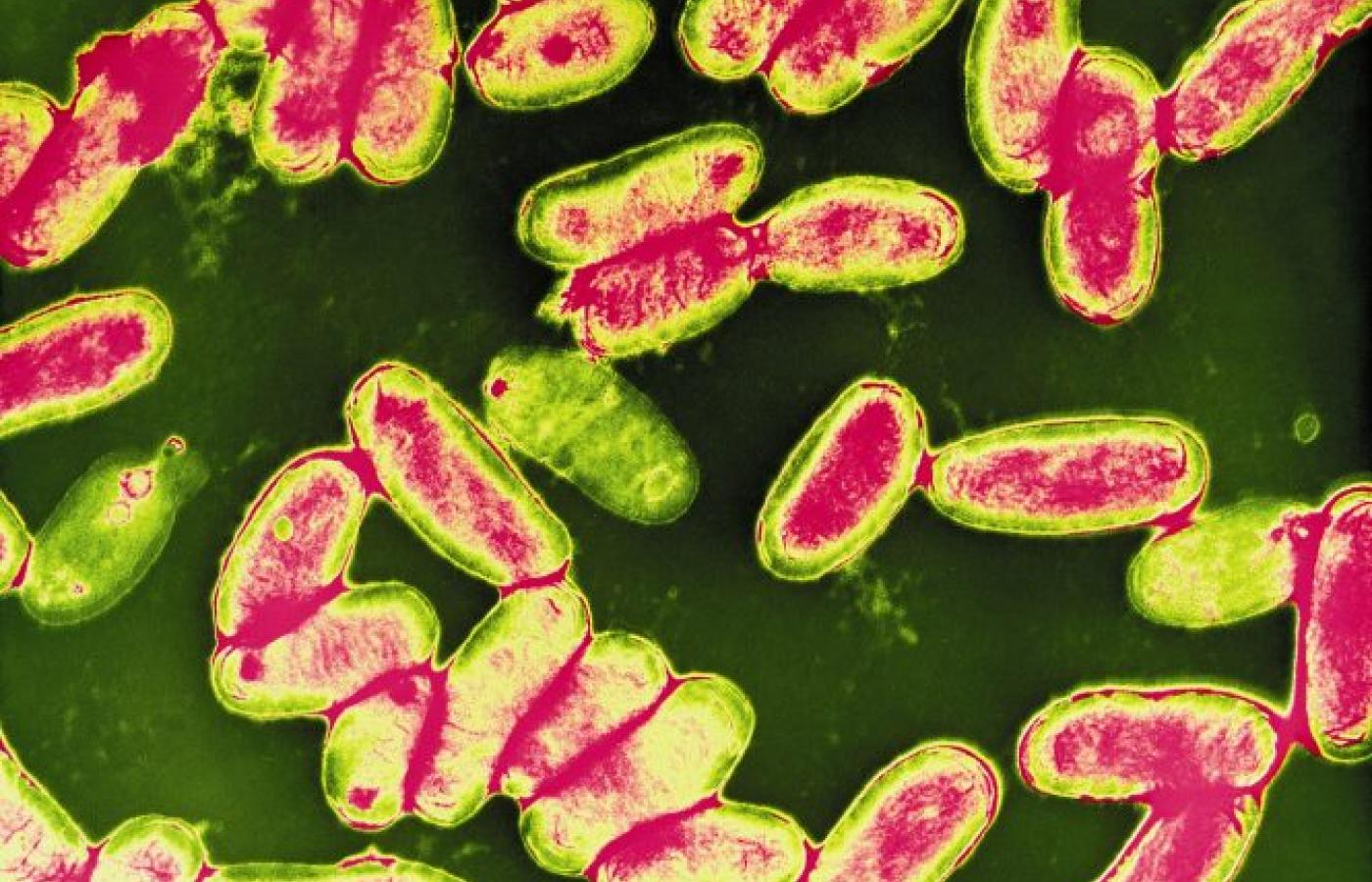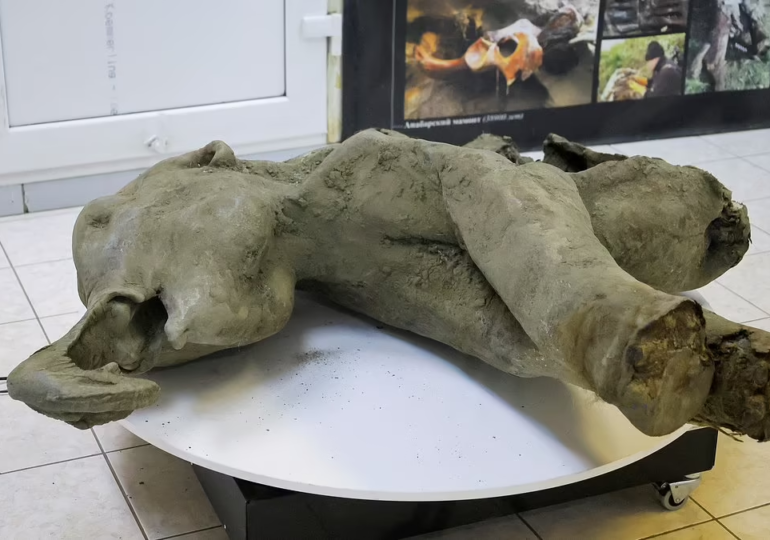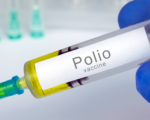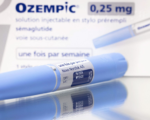Whooping Cough Cases Surge in the US, Reaching a Decade High

Whooping cough, or pertussis, has seen a significant resurgence in the United States, with the latest data from the Centers for Disease Control and Prevention (CDC) indicating no signs of slowing down. As of mid-December, more than 32,000 cases have been reported this year — a figure six times higher than at the same time last year and the highest since 2014.
Pertussis is a highly contagious respiratory illness that often starts with mild cold-like symptoms, such as a runny nose, sneezing, low-grade fever, and a tickly cough. However, after a week or two, a severe coughing fit develops, which can be so intense that it causes vomiting or even broken ribs. These coughing fits are often accompanied by a “whooping” sound as the person struggles to breathe. The cough can persist for weeks or even months, and infected individuals can spread the bacteria for weeks after the cough begins, even if their symptoms are mild enough to go unnoticed.
During the pandemic, cases of whooping cough were significantly reduced due to social distancing measures and precautions taken against Covid-19. However, the CDC notes that whooping cough tends to peak in cycles, and the current surge in cases appears to reflect a return to pre-pandemic patterns. The number of cases has risen sharply in recent months, more than doubling since mid-September. Notably, a quarter of the cases have been reported in the Midwest, including Illinois, Indiana, Michigan, Ohio, and Wisconsin, with Pennsylvania leading all states in reported cases.
While pertussis can be serious for people of all ages, it is particularly dangerous for infants under 1 year old, whose immune systems are still developing. Babies who haven’t yet received their full vaccination schedule are especially vulnerable. Vaccination is the best defense against the disease, with the CDC recommending the DTaP vaccine for children and the TDaP vaccine for adolescents and adults.
Unfortunately, vaccination rates have fallen. For the 2023-2024 school year, only about 92% of kindergartners received the DTaP vaccine, which is below the 95% federal target. This leaves thousands of schoolchildren unprotected, and the immunity provided by the vaccine can also wane over time, making individuals more susceptible to infection.
Antibiotics can effectively treat whooping cough if administered within the first few weeks of infection, before the severe coughing stage sets in. After that, the only treatment options focus on comfort care, including rest and fluids, while the infection runs its course.
As the U.S. enters the winter season, respiratory illnesses like Covid-19 and the flu are starting to rise, though overall respiratory illness activity remains moderate.




















